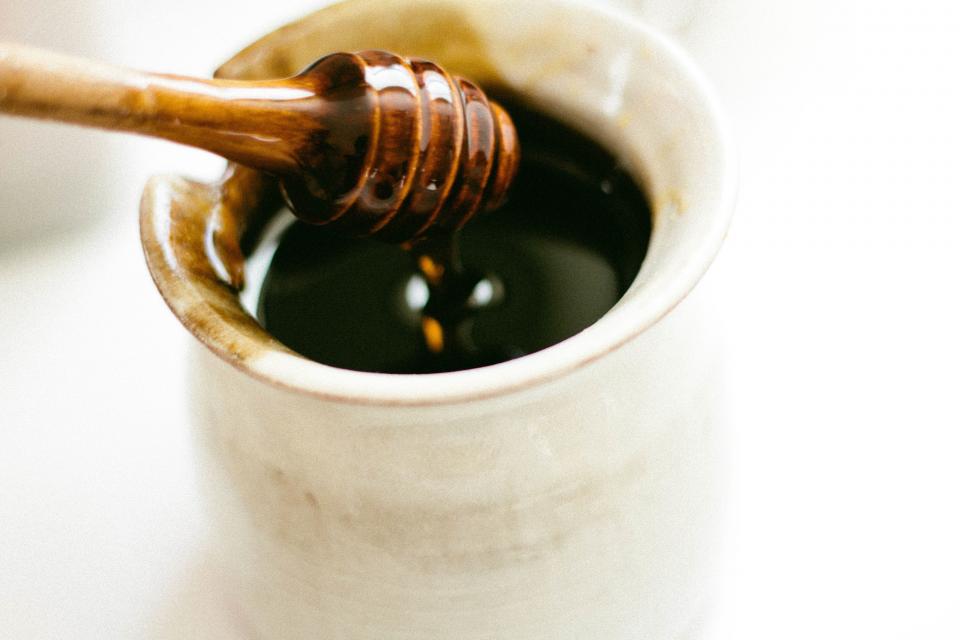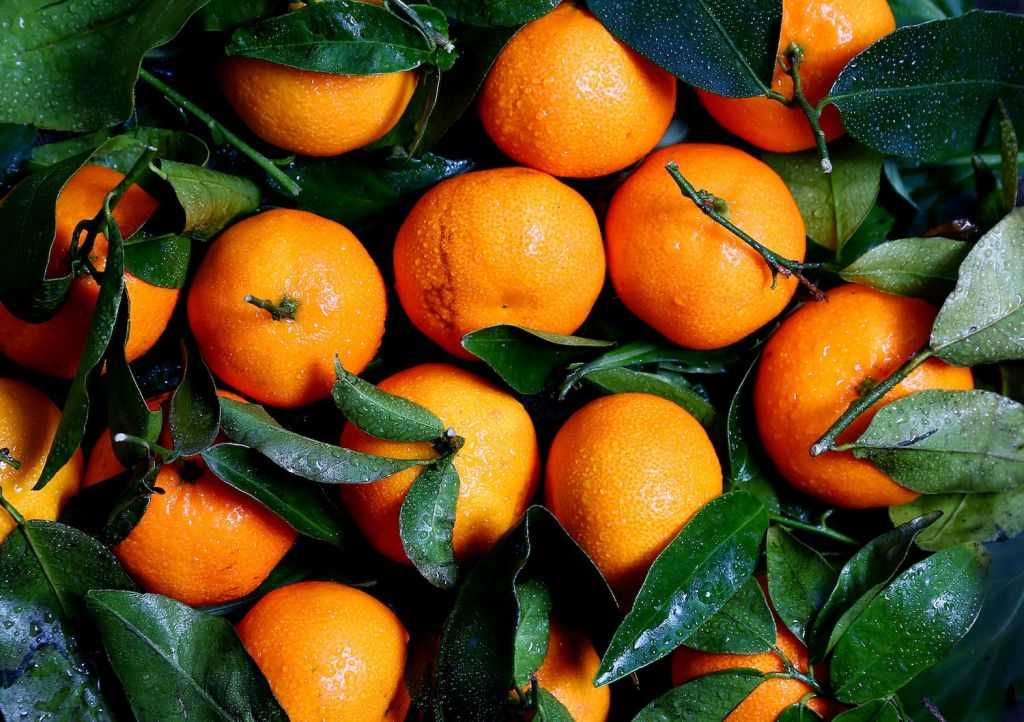Achoo! The seasonal battle has begun against sneezing fits, sinus problems, hay fever, and eyes that itch. Yes, you know it well: allergy season. With spring flowers comes a sensitivity to the environment—pollen, grass, dust, mold, bug bites, and more. We know they can be annoying to deal with, but how can we properly equip ourselves naturally against allergy symptoms?

While there may not be one secret weapon to eliminate every allergy symptom, there are a number of natural tools you can use to help you fight your seasonal allergies. Here are a few ways to naturally relieve your allergies.
1. Schedule any outdoor exercise in the evening
If you love taking spring time strolls, waiting to do so until after midday may help to lessen your allergy symptoms. Because most trees release their pollen early in the morning, waiting until the proverbial dust settles (and isn’t swirling around in the air you breathe) can make your time outdoors more bearable.
2. Change your clothes when you come home

When you come home from work, school, or errands, change into other clothing when you return to your house. Pollen likes to hitchhike on your clothing and stick to it like tiny sea urchins, so toss your outside clothes into the wash to prevent pollen from infiltrating the stronghold of your home.
3. Use a Neti Pot to decongest
If you’ve never used a Neti Pot before, you may be a little bit intimidated by the thought of pouring water up your nose. It’s actually not that uncomfortable (really!). It takes a little getting used to, but once you get the hang of it it’s quite effective, and will become a staple in your allergy-fighting regimen. Rinsing with a saline solution up to twice a day for short periods of time can help to clear out your nasal passages and help to lessen the effects of allergies on your sinuses. Learn more about the Neti Pot on our Pharmacy website.
4. Eat local raw honey

Many an allergy-sufferer claims that eating local honey helps them battle seasonal symptoms. It needs to be local because it will contain a wide sampling of different pollen carried on the bees who made it. By gradually exposing themselves to small amounts of local pollen, many people report it noticeably helping them build up a pollen tolerance and overall decreasing their allergy symptoms.
5. Purify the air in your home
HEPA (high-efficiency particulate air) filters in your appliances—like vacuum cleaners—can help ensure that allergens are taken out of the air in your home, instead of being stirred up and dispersed when you clean. There are also free-standing HEPA towers that you can put in high-traffic areas that will work to keep the air in your home as clear as possible.
6. Use essential oils for support

There are many essential oils that can help to support your immune system while it battles allergies. Add them to a homemade all-purpose cleaner, mix with water in a diffuser, or dilute and apply directly to your pulse points. Especially effective against hay fever, some favourites are lavender, eucalyptus, rose, and peppermint.
7. Put turmeric on everything
This vibrant spice, belonging to the ginger family, is about to become your new best friend. Turmeric contains curcumin, which acts as a decongestant and is a natural antihistamine. If you’re not sure what kinds of dishes you can add this superhero of a spice to, try making this golden turmeric tea recipe in under five minutes. It’s also perfect for curries and stir-fry.
8. Eat allergy-fighting foods

Mother Nature provides many kinds of foods that contain antihistamines, and incorporating as many as you can into your diet can help naturally ward off allergy symptoms. Naturopaths often recommend eating a lot of cruciferous vegetables, onions, garlic, ginger, cayenne, and deep yellow and orange vegetables as often as possible.

